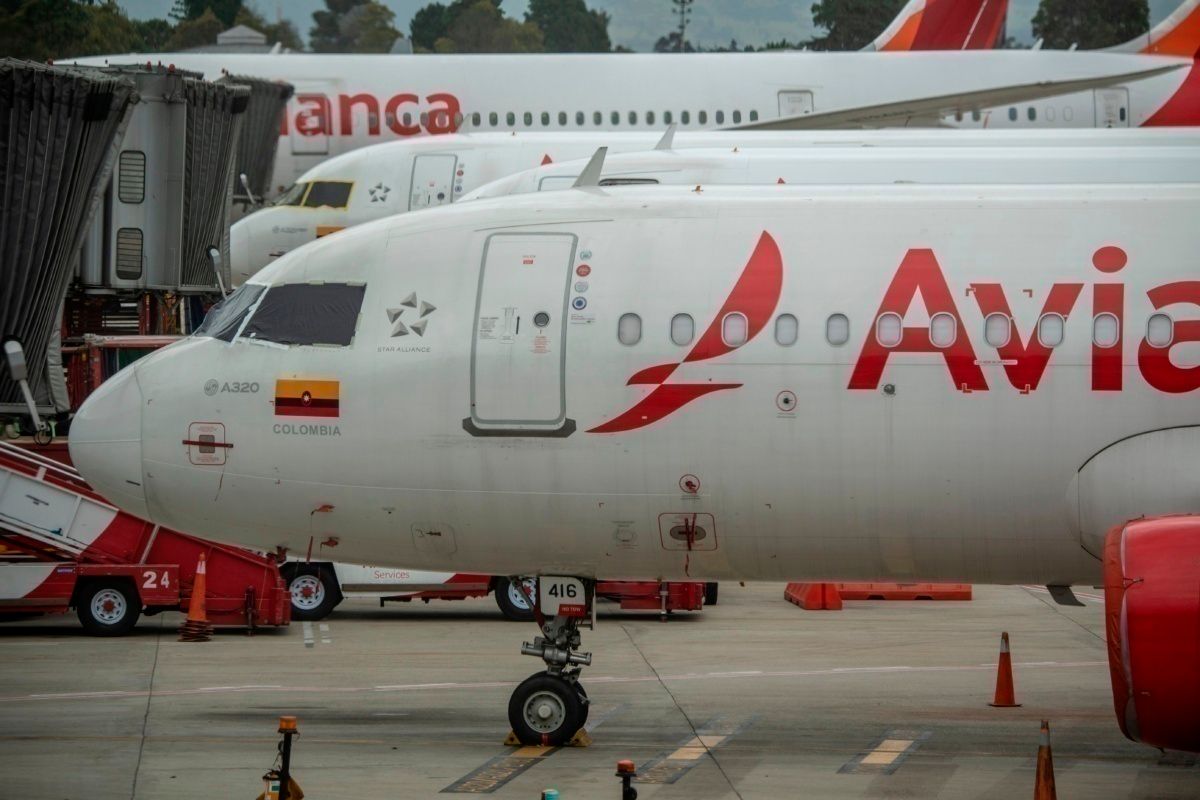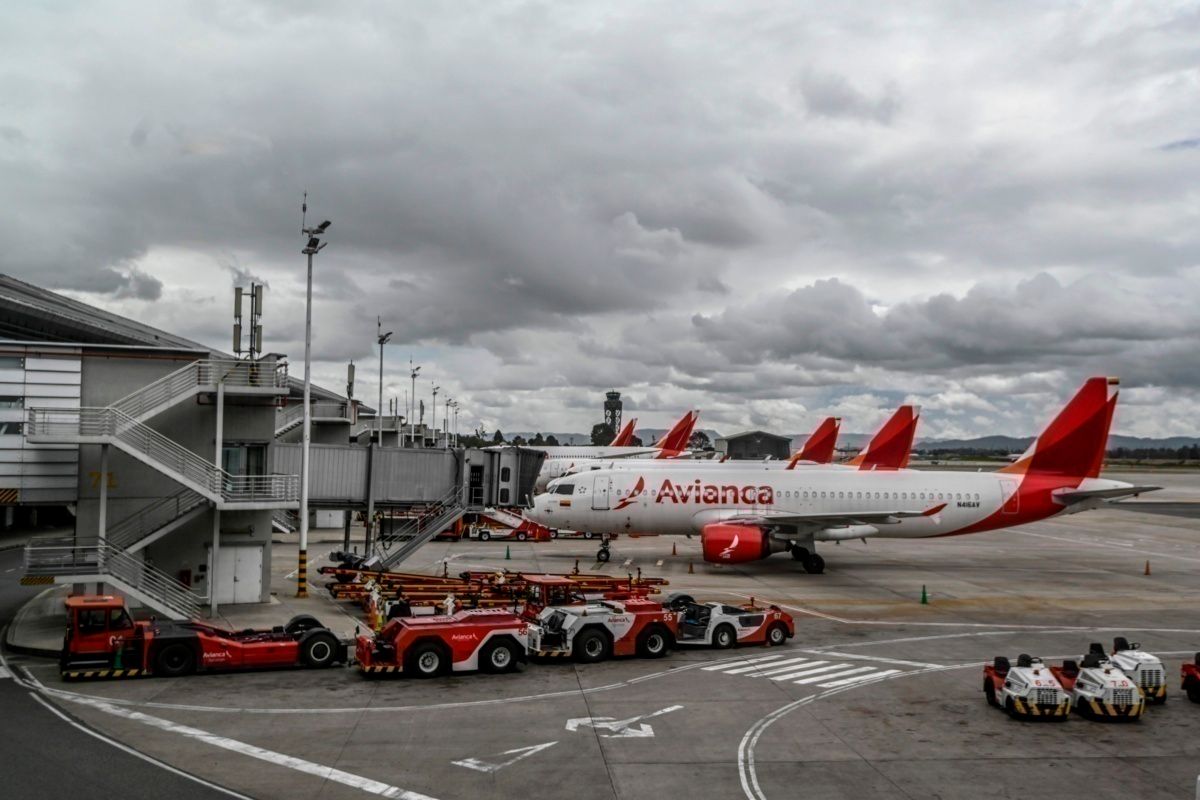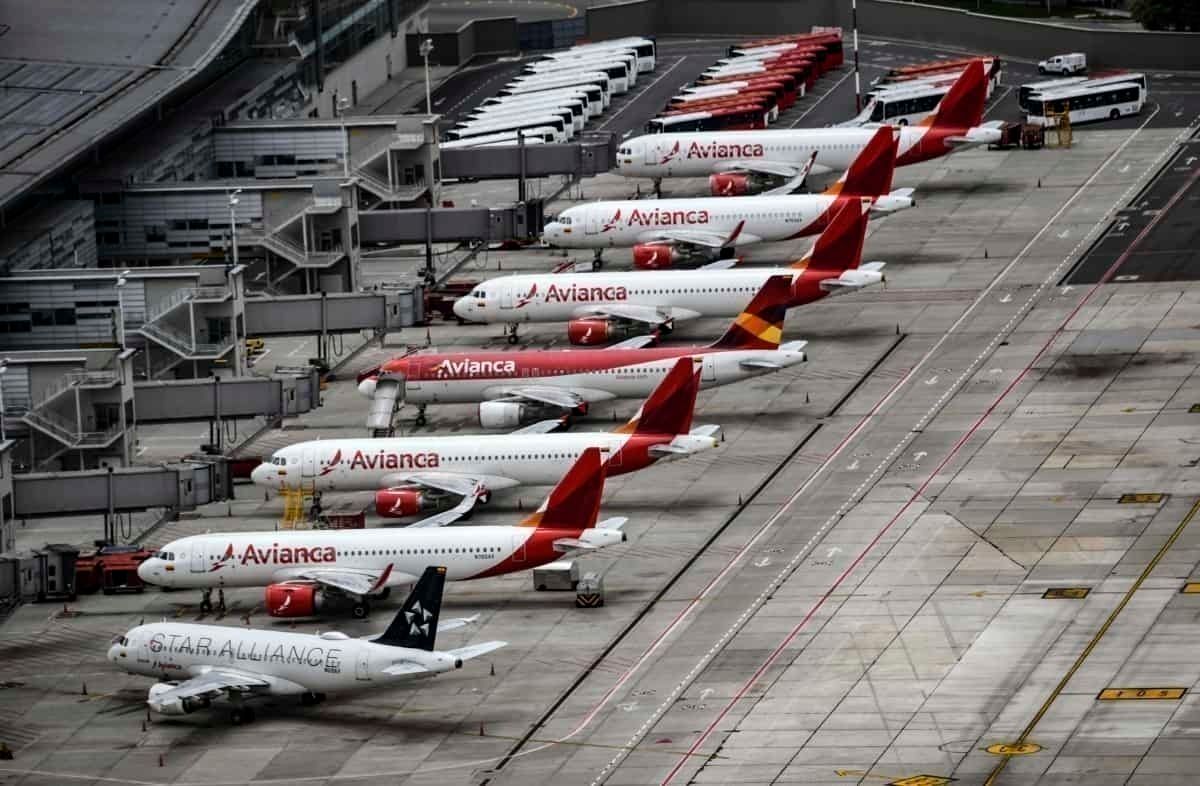After a Colombian Court blocked a US$370 million State loan to Avianca, the carrier said that it needs this funding to survive. The South American airline appealed the Court's decision and said there are over 123 thousand jobs at risk. Will Avianca get its way?
What are Avianca's arguments?
In a statement, seen by Simple Flying, Avianca gave five arguments as to why it should receive de US$370 million State loan from Colombia.
Avianca said that, as it is under a Chapter 11 reorganization, it has access to the Debtor-In-Possession Financing. The Colombian carrier is looking for US$2 billion in funding, including 1.2 billion from the DIP Financing. Avianca argued that this method "adequately compensates the investors," including the Colombian national government.
Stay informed: Sign up for our daily aviation news digest.
Avianca's DIP Financing is composed of two Tranches. Tranche A, in which the Colombian government is involved, is composed of US$900 million. Meanwhile, Tranche B is worth US316 million. As we've seen with LATAM, there is no guarantee that the US Court will approve this financing.
Avianca's second argument is that Avianca's future and Colombian connectivity are at risk without the State aid. The airline said,
"If (the Court) prohibits the National Government to give the loan, it would affect the DIP Financing structure. Avianca would not receive new resources, and its liquidity would suffer a bigger reduction, which would deem (Avianca's) operation unviable."
What else is at risk?
The lack of connectivity has been one of the main arguments of Avianca in the last few weeks. Before the COVID-19 pandemic, the Colombian carrier had the largest market share in the country, with over 60%. Other airlines, like LATAM Colombia, Viva Air, SATENA, and EasyFly, were trying to catch up with the centennial Avianca.
Even though Avianca doesn't pay taxes in Colombia (it is based in Panama), it is viewed as Colombia's historic airline. So, it has used this argument to push its agenda, even when international associations like IATA have asked the Colombian government to provide aid to all the airlines, not just one. Avianca claimed that if it ceases its operations, the economy of Colombia would be at risk.
According to its stats, over 123 thousand annual jobs for the next five years, 3.19% of the GDP, and over US$1.3 billion in taxes could be lost.
Moreover, Avianca said that tourism and logistic chain values are at risk. Nevertheless, this is an argument that not everyone in Colombia is buying.
If an airline disappears, others will cover its space
The arguments of Avianca are political, said a Colombian source who asked for anonymity. It is not difficult for the market to recover itself when an airline disappears, he added.
For example, in 2005, when Varig ceased its operations in Brazil, it was the country's most important airline. At that time, domestic airlines covered 60% of the international connectivity in Brazil. And, of that 60%, Varig covered up to 90%. When the airline went bankrupt, it took just two months for other carriers to take up the lost routes. "If there's demand, the connectivity will continue," he said.
Finally, he added that airlines shouldn't be a priority in Latin America. There are too many people losing their jobs that are living precariously due to the current pandemic. The emphasis of the governments should be the people, he said.
What do you think of Avianca's arguments? Let us know in the comments.



